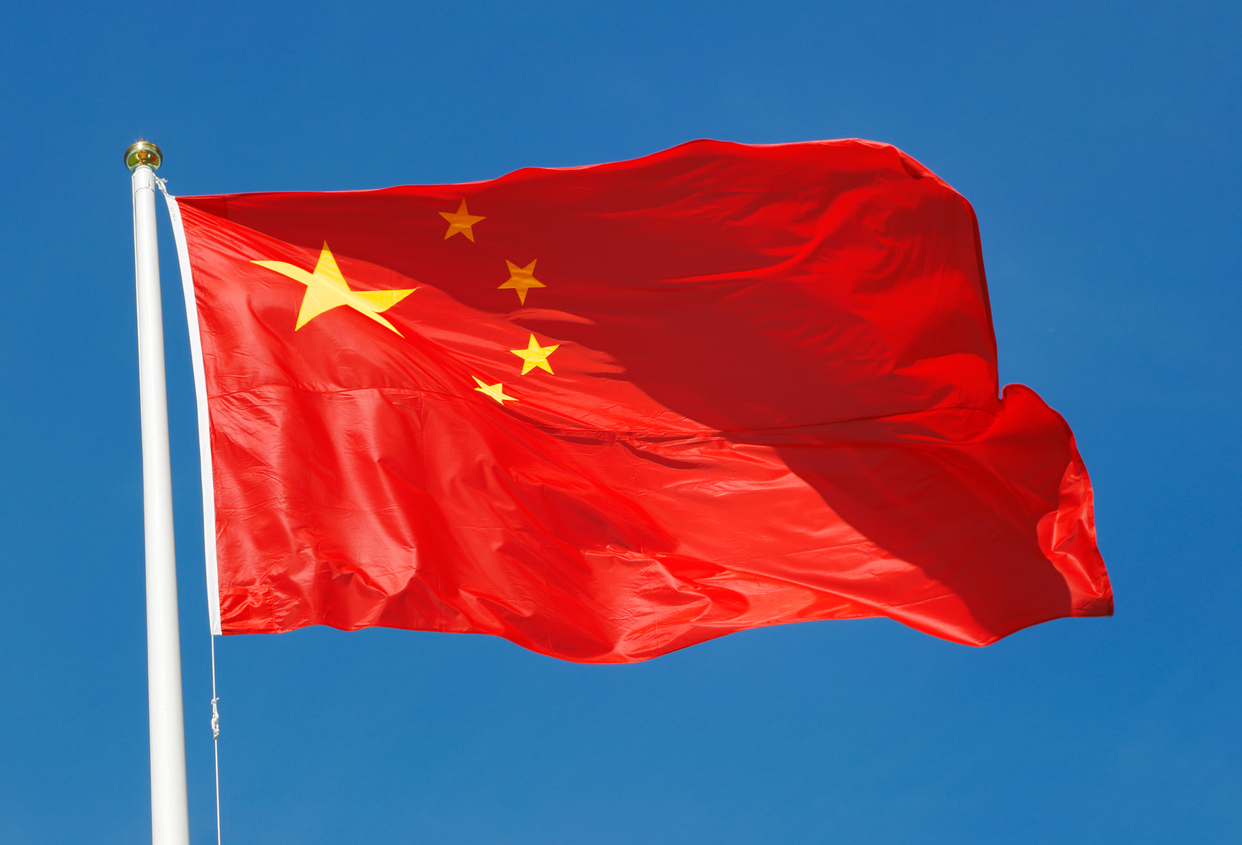2021/11/16
Chinese Economy Faces Growing Risk of Credit Crunch – TPP is Not an Outlet for the Public Frustration

The business instability of the real estate giant in China, “Evergrande Group,” with massive debts totaling 33 trillion yen or 2% of the nominal GDP of the country, is becoming serious.
The turning point of the company’s successful business came last summer when the Chinese authorities introduced stricter loan conditions and restrictions on the total amount of housing loans in order to curb the overheating of the market. The company's expansion strategy suddenly became unworkable, and the business crisis quickly surfaced under the circumstances where bond interest payments were concentrated from this September to the end of the year.
Chinese version of the bubble economy started in 2008, triggered by the fiscal stimulus of 4 trillion yuan (approx. 57 trillion yen) that saved the world from the recession after the financial crisis of 2007–2008. Since then, private debt has been growing all at once and consistently.
The following year, Evergrande was listed on the Hong Kong Exchanges and Clearing. Since then, the company has repeatedly raised funds and reinvested with taking the real estate as collateral, whose value has been ever-increasing, and it grew into a huge corporate group, engaging in businesses of a professional soccer club, tourism, finance, and EV, with annual sales of 10 trillion yen and more than 3 million employees. This example is exactly the symbol of the Chinese bubble economy.
However, the financial risk of Evergrande has already been factored into the corporate bond yields and others, and the dollar-denominated debt is said to be about 6% of the total debt. The impact of the company’s defaults on the global financial system may be limited. The problem is that excessive debt is not unique to Evergrade. The real estate industry accounts for 1/4 of the GNP. In addition, the balance of corporate, household and government debt reached 285.1% of the GDP (Bank for International Settlements) in the July–September quarter of 2020. The failure of the group can be a starting point of a chain of credit crunches, which is the essence of the risk.
However, it is hard to imagine that the Xi administration, which advocates the principle of “common prosperity” against the backdrop of widening inequality in the country, will bail out Evergrande with public funds. On the other hand, if it is handled improperly, it could lead to stagnation of the entire economy, which resultantly could increase social unrest. The sluggish Chinese economy, which is the “buyer” of a total amount of $2.556 trillion (actual imports in 2020, General Administration of Customs of the People's Republic of China), has a significant impact on the world’s real economy. However, what is further concerned is that the frustration in the country will be directed “outside.” The one to be the subject of discussion or criticism is Taiwan. The application for membership in the Trans-Pacific Partnership (TPP), which was announced by both sides at about the same time, could be the genesis of such discussion or criticism. Adaptation, conciliation, special exceptions, fragmentation, exclusion, and disturbance – every possible scenario must have been considered upon negotiation. However, TPP is based on the principles of “uniformity of rules” and “no exceptions.” I hope that current member countries steadfastly adhere to these principles and do not allow the TPP to become an opportunity for coercive actions.
This Week’s Focus, October 1
Takashi Mizukoshi, the President